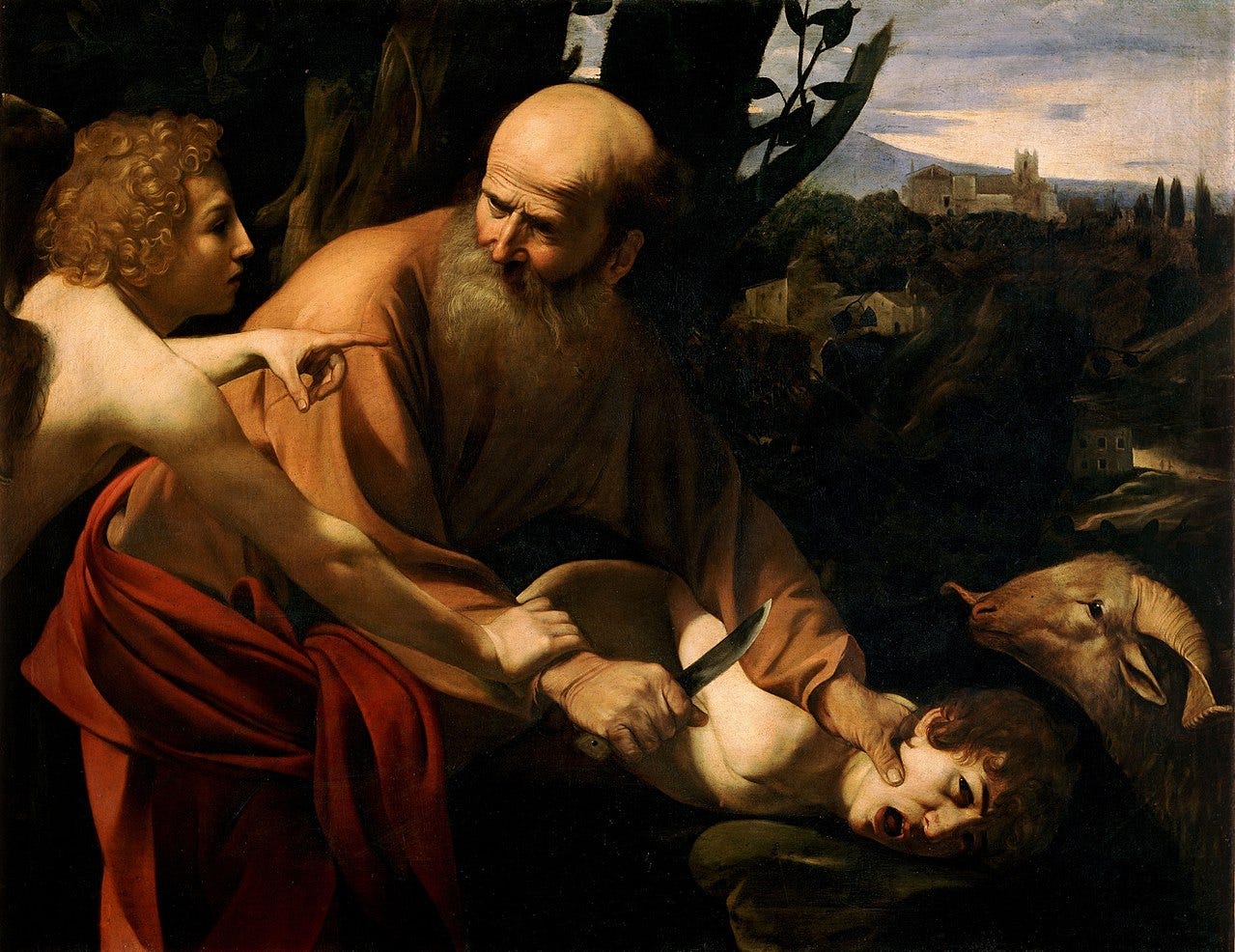Reflections on the Moral Argument, Part 5
By David Baggett
In this month’s installment, I said I would discuss how my dissertation on the Euthyphro Dilemma gradually transformed into a book. That book, co-written with Jerry Walls, would be called Good God. Few dissertations are ready to be turned into a book without further work, and this one was certainly no exception. Allow me to talk a bit about that process.
First, though, it’s instructive to make a point about one’s choice of a dissertation topic. It’s an important choice, because the topic chosen often sets the course for one’s research for decades to come. I didn’t realize at the time that by deciding to write on theistic ethics it would put me on a thirty-year trajectory exploring such issues, but this is often how it goes. So for those choosing what to decide to write a dissertation about, do it prayerfully, I might suggest. The Bible refers to good works prepared beforehand for us to do. I think we can trust God to provide us the direction we desire. He can be at work in those decisions along the way, equipping and empowering us to do his will and what we were meant to do.
I didn’t know if I would get an academic position as I was finishing up my doctoral work. The market was tight, and dire warnings hung in the air about how hard it was to find a job. My plan at the time was to give it three years. I would move to Lexington, Kentucky, try to turn my dissertation into a book, and cobble together a living with part-time teaching positions for three years. If, by that point, I didn’t get a job, I planned to go to law school.
Right out of the gate after my PhD, though, I was blessed to procure a teaching post at King’s College in Wilkes-Barre, PA. I’d been invited to do two interviews at the APA meetings in Atlanta that year. One was for a one-year gig at Calvin, the other a tenure-track position at King’s. I was then invited to interview at both schools, which I did. Calvin was a fun experience, and it gave me the chance to meet theistic ethicist extraordinaire John Hare for the first time. He had yet to replace Wolterstorff at Yale. The King’s interview went well, too. In the teaching portion of the interview, I got to teach about William James, one of my favorite philosophers. Some days after the on-campus interview I got the job offer, which was nothing less than thrilling. I heard while in the philosophy department of Wayne State, and celebratory bear hugs with John Corvino and Bruce Russell immediately ensued.
So in late summer of 2002, I packed up, bid adieu to my home state of Michigan, and drove 500 miles to Wilkes-Barre in northeast PA to start my teaching career. I enlisted my old seminary professor Jerry Walls to help me turn my dissertation into a book, but for several summers in a row I couldn’t quite pull it off when I tried to work on the book. Perhaps some of its ideas needed to germinate a bit more. What I got a chance to do instead while at King’s was get involved in Bill Irwin’s philosophy and popular culture series, of which I’d become a fan several years earlier. I ended up editing the ninth book in his original series with Open Court (on Harry Potter) and then, with a brilliant King’s colleague Bill Drumin, a book on Hitchcock and Philosophy. Those were good professional experiences that had a salutary effect on writing for a wider audience.
After a couple years at King’s, I attended an Oxbridge conference, a triennial C. S. Lewis conference held at Oxford and Cambridge, and during that time I met Liberty’s Gary Habermas. Liberty was doing a hire, and Gary and I hit it off. Gary especially hit it off with my mom, who had come with me to England. Gary and my mom had both grown up in Detroit; Gary hated Detroit and my mom loved it. Listening to their banter on the subject made me laugh. (On that trip, Habermas, Walls, and I hatched the plan to edit C. S. Lewis as Philosopher, which just recently, twenty years later, came out in its 550-page third edition.)
At any rate, over the course of the next year, my fourth at King’s, I maintained a conversation with Gary about coming to Liberty, and made that move to Lynchburg, VA, in 2006. The move to Liberty, for some reason, marked the occasion of my getting serious about turning the dissertation into a book. It still took a couple of summers, but in the summer of 2009, in about two months, the penultimate version of the manuscript materialized at long last. The book, as often happens, took an expanded form from what the dissertation looked like.
The first chapter talked about a variety of ways in which morality plausibly depends on God. In later years, I would systematize these dependence relations, so chapter 1, at that point, was a little sprawling. Designs for a “cumulative case” culminated in a bit of unwieldiness. William Lane Craig would later criticize it on these grounds. He wasn’t wrong. It was, in essence, my first fledgling foray into a moral argument for God’s existence. The vision for doing such a thing was only beginning to form; at the time I mainly thought I was just doing theistic ethics. What was gradually becoming clear was that theistic ethics was the first big component in constructing a moral apologetic. Once one adds a defense of something like moral realism and a critique of secular ethics, all the ingredients for a moral argument are there.
Keep reading with a 7-day free trial
Subscribe to The Worldview Bulletin Newsletter to keep reading this post and get 7 days of free access to the full post archives.

